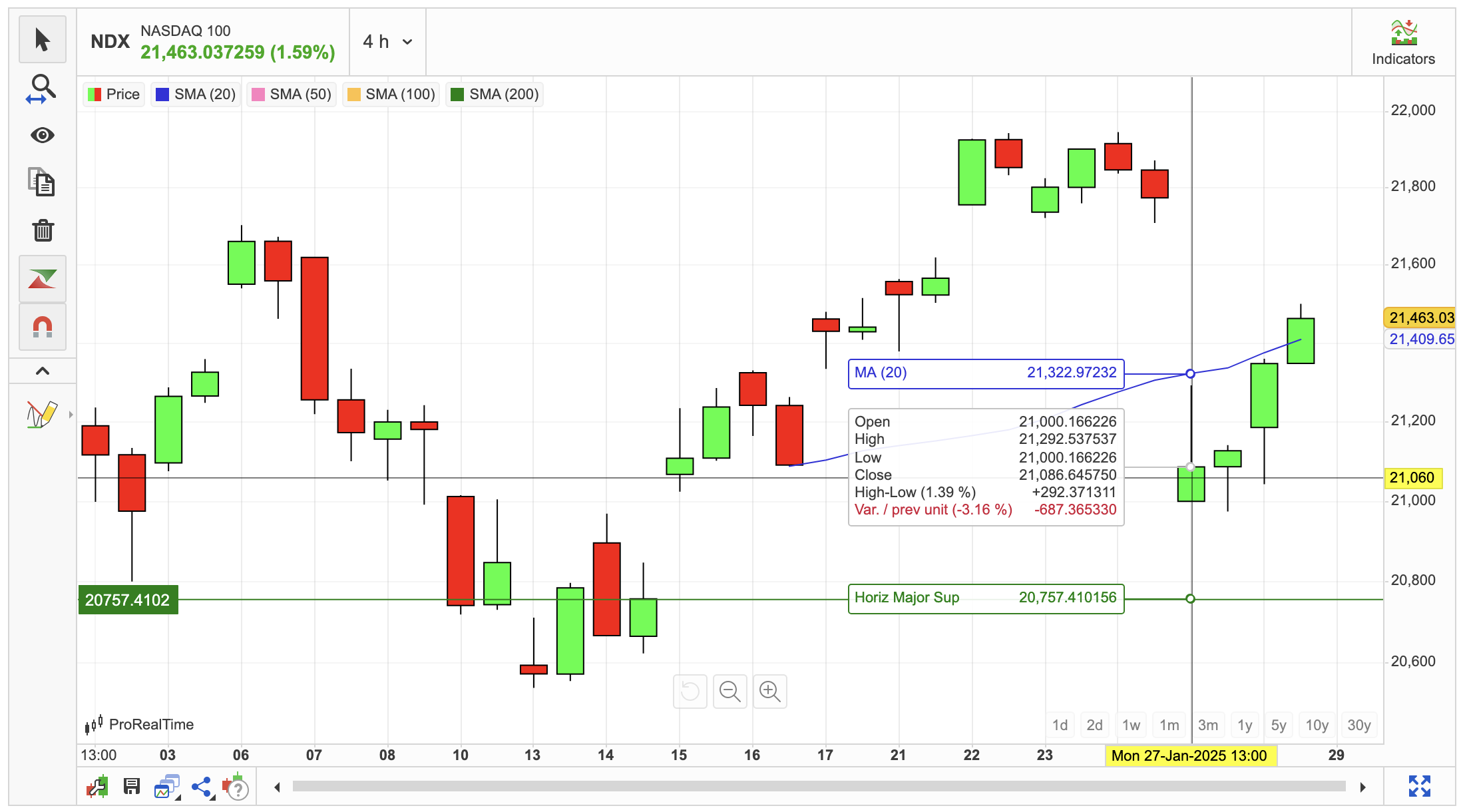DeepSeek Cyberattack Halts New User Registrations
- This topic has 5 replies, 1 voice, and was last updated 2 months ago by .
-
Topic
-
Chinese artificial intelligence startup DeepSeek was been forced to temporarily restrict new user registrations following a large-scale cyberattack that has disrupted its services.
The company announced the decision on January 27, 2025, citing “malicious attacks” as the cause, while assuring that existing users could continue accessing their accounts without interruption.
Details Of The Cyberattack
The cyberattacks, which began earlier in January and escalated significantly on January 27 and 28, have included various sophisticated methods such as DDoS (Distributed Denial of Service) attacks, HTTP proxy attacks, and password brute-force attempts.
According to cybersecurity firm XLab, these attacks have grown in scale and complexity, targeting both DeepSeek’s application programming interface (API) and web services.
Many of the IP addresses involved reportedly originate from the US, Singapore, Germany, and other countries, raising concerns about cross-border cyber threats.
DeepSeek’s Meteoric Rise
DeepSeek has recently gained global attention due to the success of its open-source AI model, DeepSeek-R1, which rivals leading proprietary models like OpenAI’s GPT-4.
The app has become the most downloaded free app on Apple’s US App Store, surpassing ChatGPT and fuelling discussions about China’s growing competitiveness in artificial intelligence.
Its rapid ascent has even prompted comments from US President Donald Trump, who called DeepSeek’s success a “wake-up call” for American tech companies.
Impact On Markets & Industry
The rise of DeepSeek has also triggered significant reactions in global markets.
The New York Nasdaq exchange saw a sharp decline of over 3% following the app’s surge in popularity. Nvidia, a major player in AI hardware, experienced a historic one-day drop of 16.9%, wiping out $600 billion in market value.
This reflects growing concerns among investors about the disruptive potential of low-cost yet powerful open-source AI models like DeepSeek-R1.
Ongoing Challenges
While DeepSeek’s innovative approach has positioned it as a formidable competitor in the AI sector, the cyberattacks highlight the vulnerabilities faced by rapidly scaling tech companies.
Experts suggest that such attacks could stem from rival organisations seeking to undermine competition or even extortion attempts.
As DeepSeek continues to investigate and strengthen its defences, questions remain about how it will navigate these challenges while maintaining its momentum.
This incident underscores both the opportunities and risks associated with the global AI arms race, as companies like DeepSeek push technological boundaries while grappling with heightened security threats.
